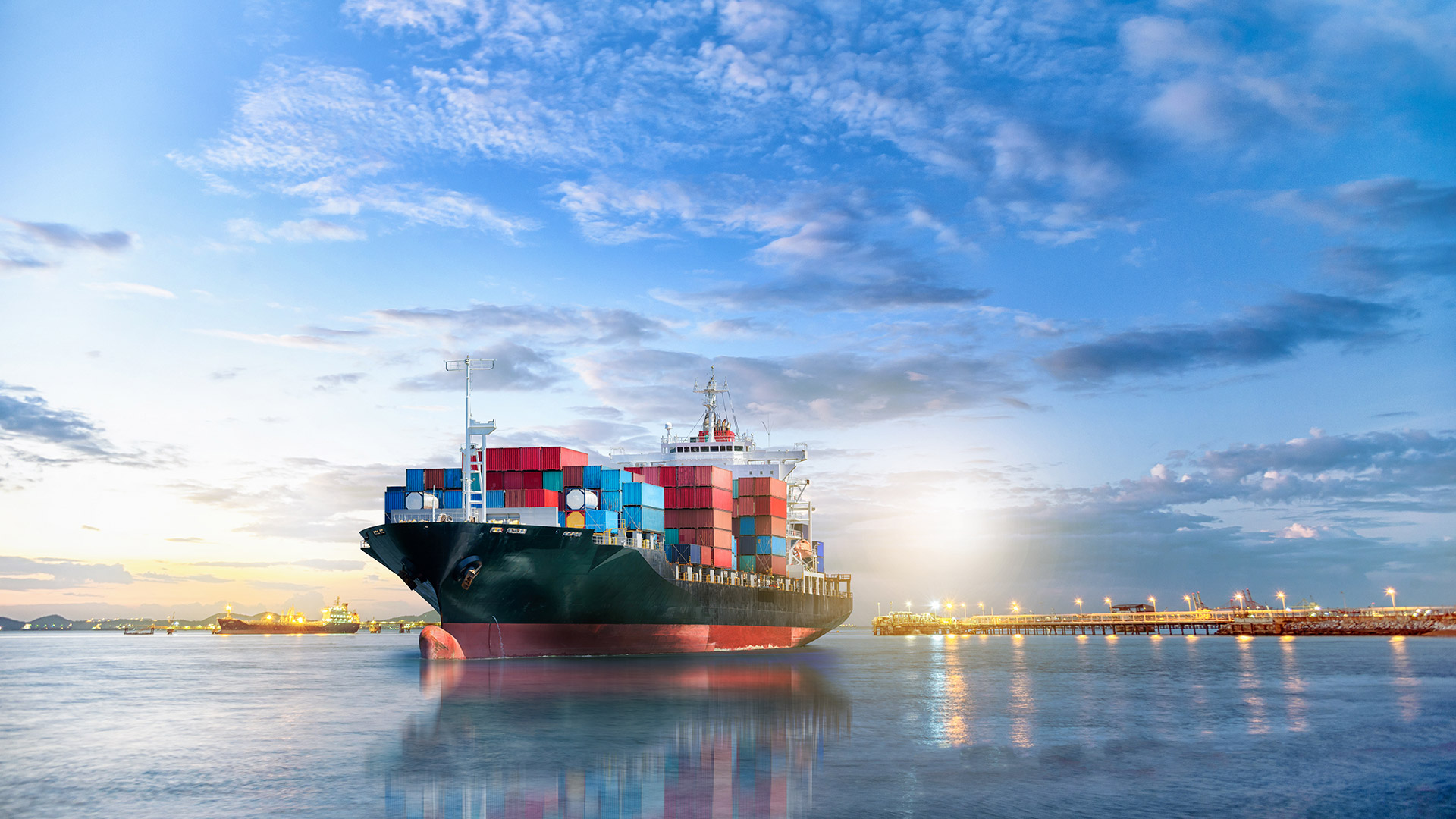
Sixty percent of businesses see governments becoming more protective of their domestic business, says a new report. What does this mean for trade?
Last week, President Trump directed the US trade representative to level tariffs on about US$50bn worth of Chinese imports. This was just the latest in a series of new trade measures put in place by the US, and other governments around the world, in recent years.
Indeed, since 2009 the US has passed 1,297 economic or trade measures deemed ‘harmful’ to global trade, according to research published by Gowling WLG. This compares to only 206 measures deemed to be liberalising.
And it is not just America; Gowling’s research found that the EU has introduced 5,657 measures which can be seen as actively restrictive for trade.
Growing protectionism
Given these statistics, it is perhaps no surprise that two-thirds of corporate respondents to HSBC’s latest global trade report say that protectionism is on the rise. This view was especially widespread amongst corporates based in the Middle East, Africa and Asia.
The report suggests that this might be because the backlash against trade liberalisation has occurred “in their most critical developed-country export markets”.
The biggest issue for corporates as a result of increased protectionism is the rising cost of doing international business. Forty percent of the 600 respondents noted that they had seen such an increase.
Challenges from protectionism are also manifesting in other areas, with 28% of corporates citing skill/labour shortages. The same number also cited the need to embark on more joint ventures/collaborations in order to circumnavigate protectionist measures and ensure continued growth.
Increased confidence
Despite increased protectionism and the cost of doing international business, corporates expressed confidence in their future international trade prospects.
Seventy-seven percent of companies expected their trade volumes to increase in the next 12 months. Corporates in Asia Pacific are especially buoyant about the future, with 82% having a positive outlook.
This might be due to the ever-increasing intra-Asia trade, which is likely to be boosted further by initiatives such as China’s Belt and Road and ASEAN 2025. Sixty percent of Asian businesses say that these two initiatives will help their business in the next two years.
Outlook
Looking further ahead, HSBC does not expect this age of protectionism to last much longer. It anticipates world trade will grow consistently faster than GDP over the coming decades, as globalisation makes a comeback.
Its projections show that the value of global goods exports will expand by around 6% a year in the decade to 2030. Services, on the other hand, will grow close to 7% per annum.
The emerging markets will have a big role to play in the future health of global trade. “Strong fundamentals in these countries, including favourable demographics and steadily rising incomes, point to economic growth for many years to come,” says the report.
Revolutionary change
The report speculates further on potential changes in global trade, driven by technology and international competition. It advises manufacturers in developed countries “to focus on R&D, stay innovative, and position themselves to take advantage of fast-growth markets”.
Elsewhere, the report cites ‘Industry 4.0’ as potentially having a seismic impact on global supply chains, with businesses creating “smart factories” – cyber-physical systems that are connected around the world to self-optimise performance. “This wouldn’t completely replace trade in goods,” it concludes, but it would likely “accelerate the trend towards regional production hubs”.
Find out more about how to deal with protectionism
Treasury Today Asia recently spoke with several trade experts in the region to understand how corporates can best overcome the issues created by protectionism. Read what they had to say.